VIDEOS
Your Present Location: VIDEOSWill the US Presidential Election Change the New Cold War?
Editor’s Note: On the night of 7th November 2020 (Beijing Time), several US medias reported that Biden had won in the presidential election. At the same time, the China-US People-to People Exchange Research Center at Renmin University of China who is operated and managed by Chongyang Institute for Financial Studies, Renmin University of China (RDCY), jointly organized with No Cold War and Tricontinental Institute for Social Research one international symposium on "The US Presidential Election and the Future of US-China Relations”, inviting 11 experts from China, USA, UK, India, Canad and Bolivia to discuss the future trends of Sino-US relation under Biden's governing. The seminar also released a lengthy report, ‘An Analysis of American “New Cold War” policy’, published in the core journal Northeast Asia Forum (No.6, 2020). This seminar took the rare form of simultaneous transmission in both Chinese and English, and was broadcast simultaneously on international new media platforms such as YouTube, Facebook and Twitter, as well as domestic platforms such as Weibo, Capitalnews and Bilibili, causing hot discussions among Chinese and foreign netizens.
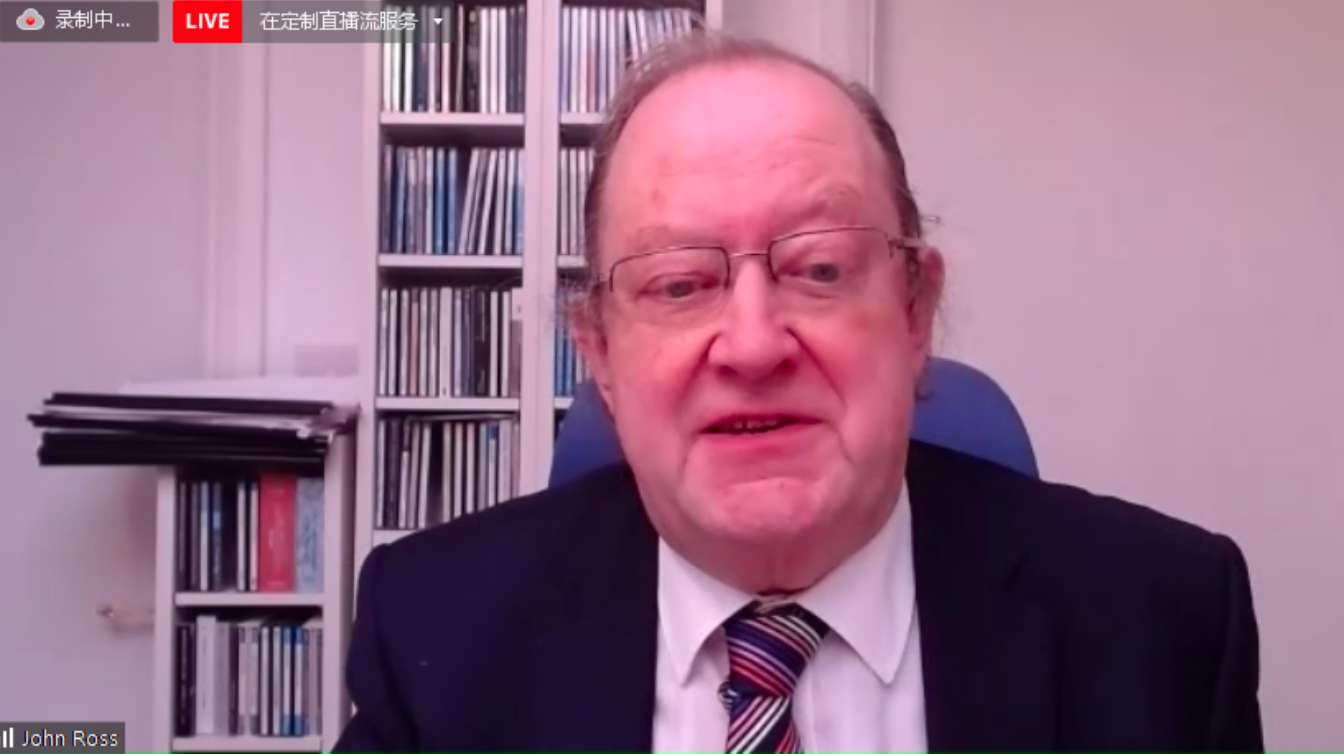
John Ross (Former Director of Business and Policy of London; Senior Fellow of RDCY, and moderator of this seminar): We all hope that there will be no Cold War. Unfortunately, this situation is not necessarily over. For many countries around the world, American policy will not change, no matter who is elected or which party the next President comes from.
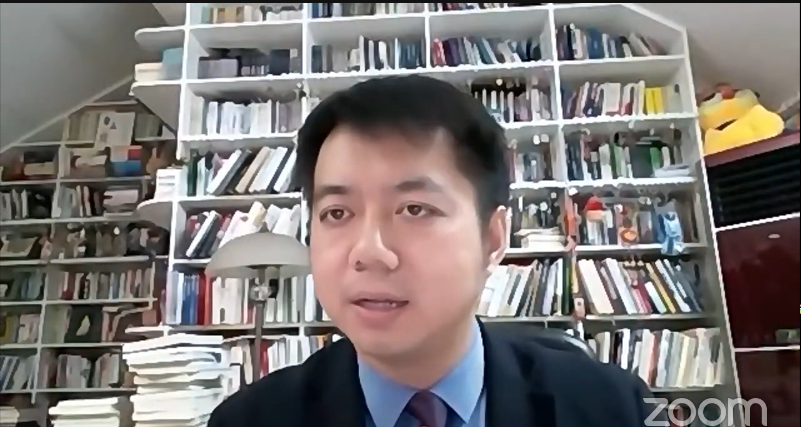
Wang Wen (Executive Dean of RDCY, and Executive Director of the China-U.S. People-to-People Exchange Research Center at Renmin University of China): The future competition between China and the United States will be the competition of how to govern their domestic countries well and meet the needs of their people for a better life, which is, the competition of governance. The future competition between China and the United States is not about setting up a "New Cold War" and trying to win, but about who is able to create a better society and help to build a better future for the world.
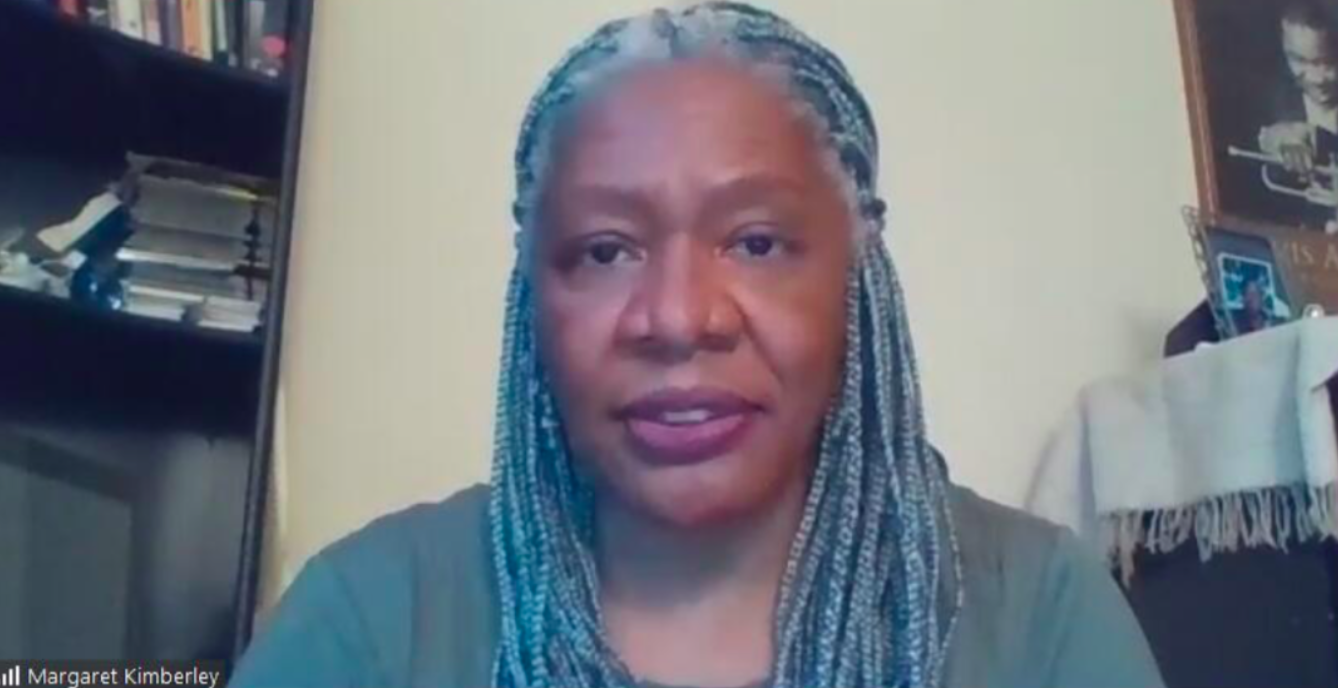
Margaret Kimberley (Black Action for Peace, US): The future of the relationship between China and the United States will depend on the outcome of this election, and there will be differences between the policies of the two candidates. The relationship between the American military-industrial complex and the government is also one of the important factors influencing the policy. In general, the US’s policies have continuity to a certain extent, while the influence of economic participants will bring more uncertainties to the future China-US relations.
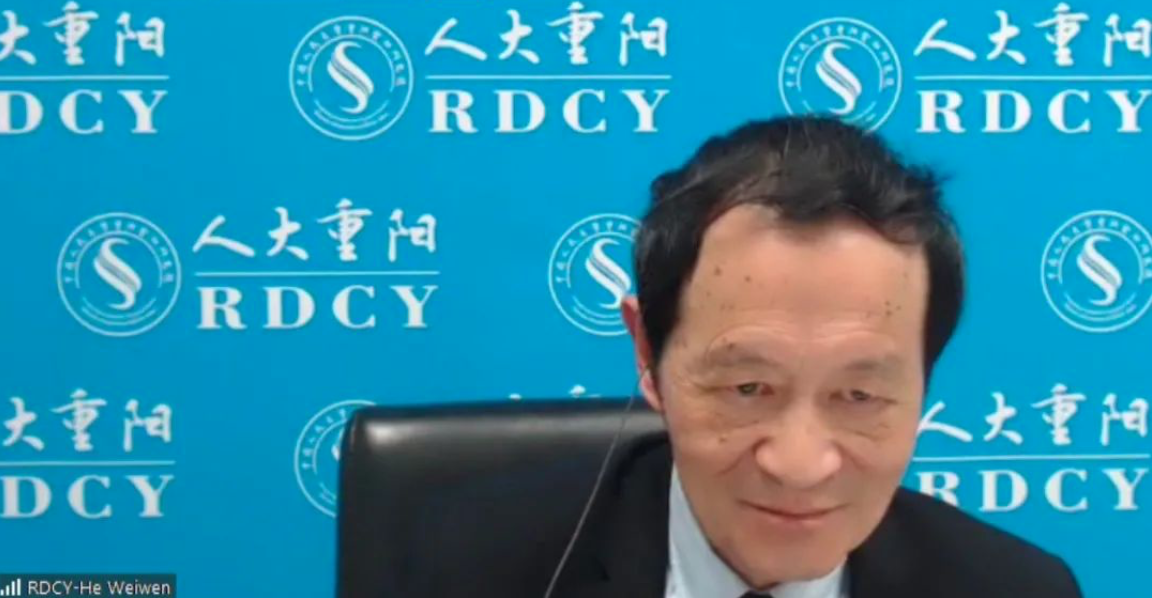
He Weiwen (Former Economic and Commercial Counselor at Chinese Consulates General in San Francisco and New York, Senior Fellow of RDCY, China): When Joe Biden is elected as the US President, there will be new changes in multilateralism, bilateral dialogue, managing differences, and the relationship with the US Allies, which will also have new impact on China. In general, a new Cold War is less likely to be provoked, dialogue is more likely, but hostility remains, and the overall tension in the US-China relations will still remain.

Martin Jacques (Senior Fellow, Department of Politics and International Studies, Cambridge University, author of ‘When China Rules the World’, UK): The United States is unlikely to return to their former state, and the polls show that Americans don't think their future generation will have the same standard of living and wealth level, which means that the United States may no longer be a place to achieve dreams. Even if Biden is elected, his plans are likely to be interrupted by Trump, and there is little he can do.
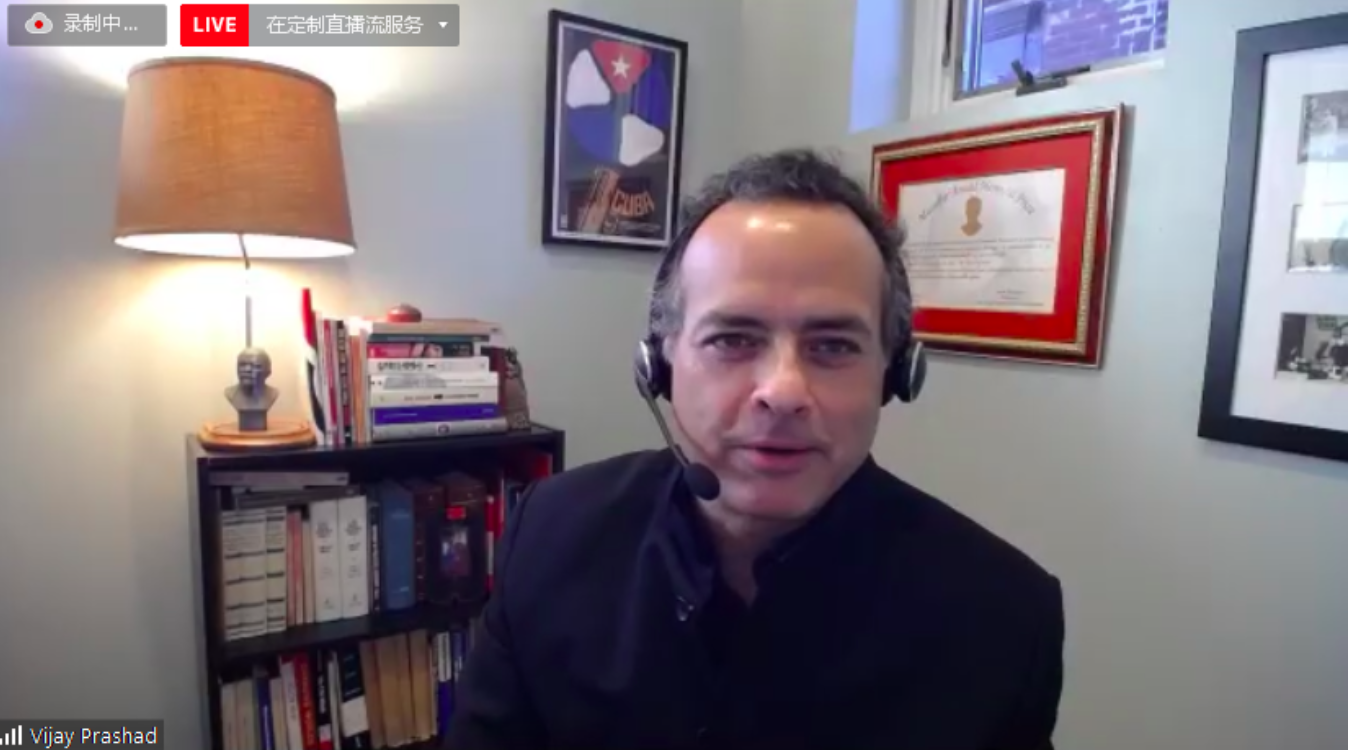
Vijay Prashad (Executive Director, Tricontinental Institute for Social Research, India): The difference between Trump and Biden needs to be analyzed by using dichotomy. Trump is an isolationist, while Biden wants to be allied with Europe; Trump practices unilateralism, while Biden prefers multilateralism, but they both committed to promoting the interests of America's ruling elite and multinational companies. The United States will continue to use repressive tactics against China, and the Cold War will continue.
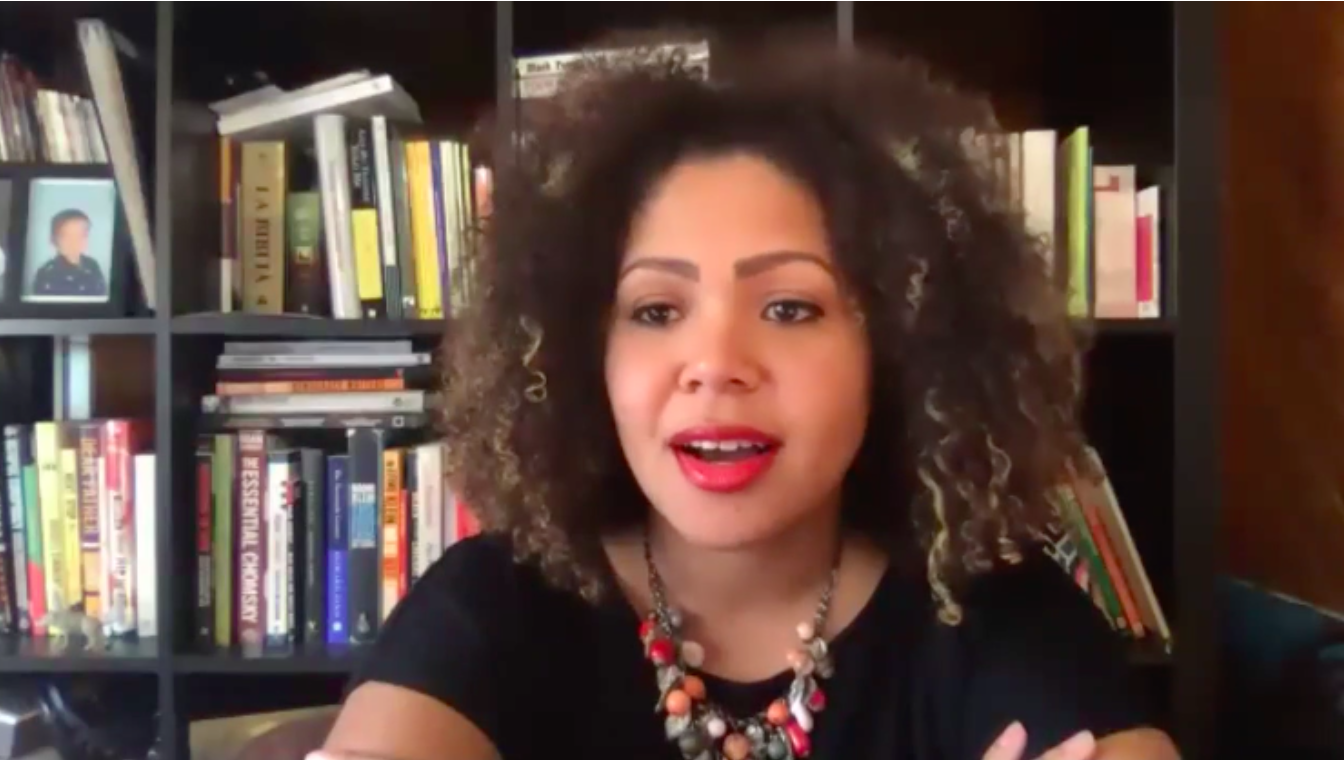
Claudia De La Cruz (Executive Director of The People’s Forum in New York, US): No matter which party is in power after the election, America's domestic social movements and parade are necessary to strengthen domestic citizen consciousness and promote system systematic reform and changes, so that the political system and political tool can better promote the development of people and solve a series of social problems.
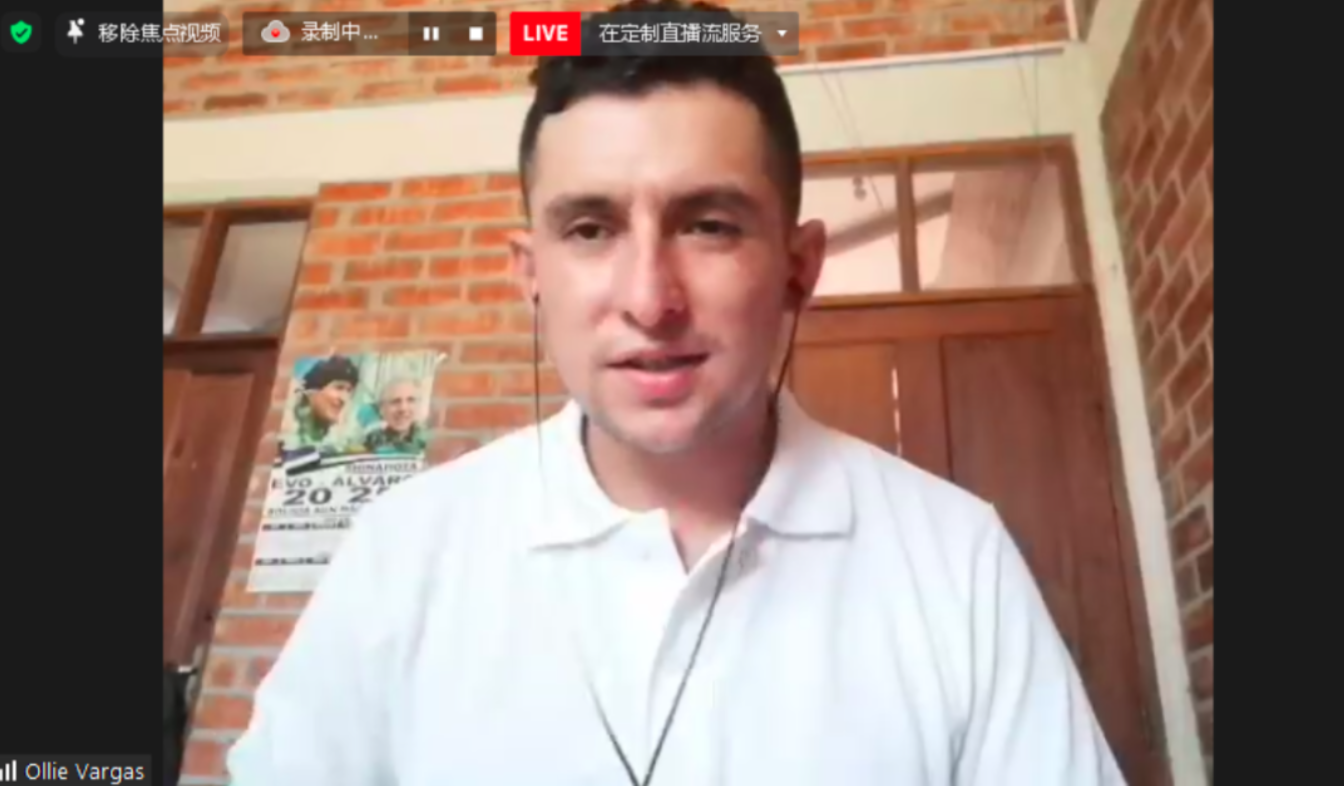
Ollie Vargas (Journalist Kawsachun News, Bolivia): Countries in Latin America, such as Bolivia, hope that they will not be subjected to too much United States foreign policy interference, will remain independent and have more space to develop freely. At the same time, those countries hope to maintain good diplomatic relations and trade ties with the United States, especially with China, for mutual benefits and common development in order to promote the common progress of the world.
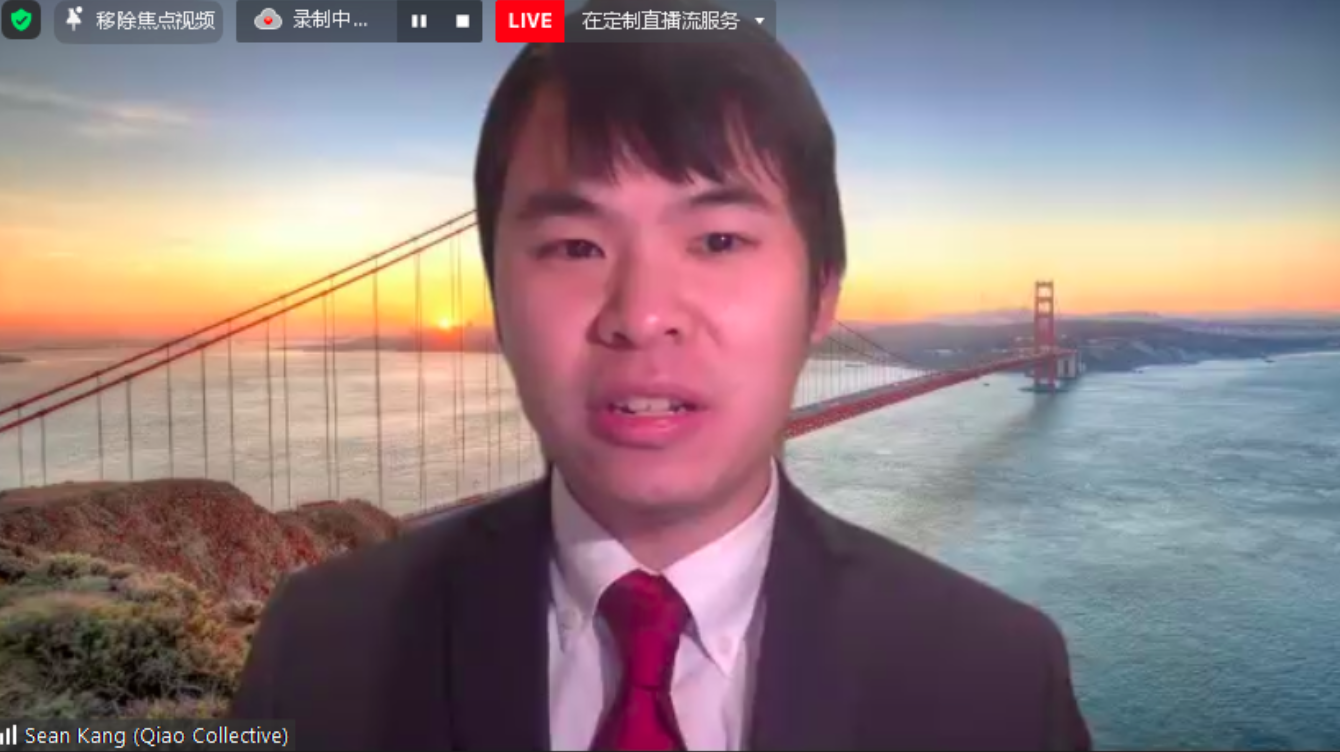
Qiao Collective (China diaspora): Asian Americans have been treated unfairly in the United States for a long time, and that injustice doesn't start with the Trump administration or end with Biden’s. The US's hostility towards China is closely related to the New Cold War and the situation of Asian Americans in the United States, which requires us to think more about the US’s constitutional and judicial system.
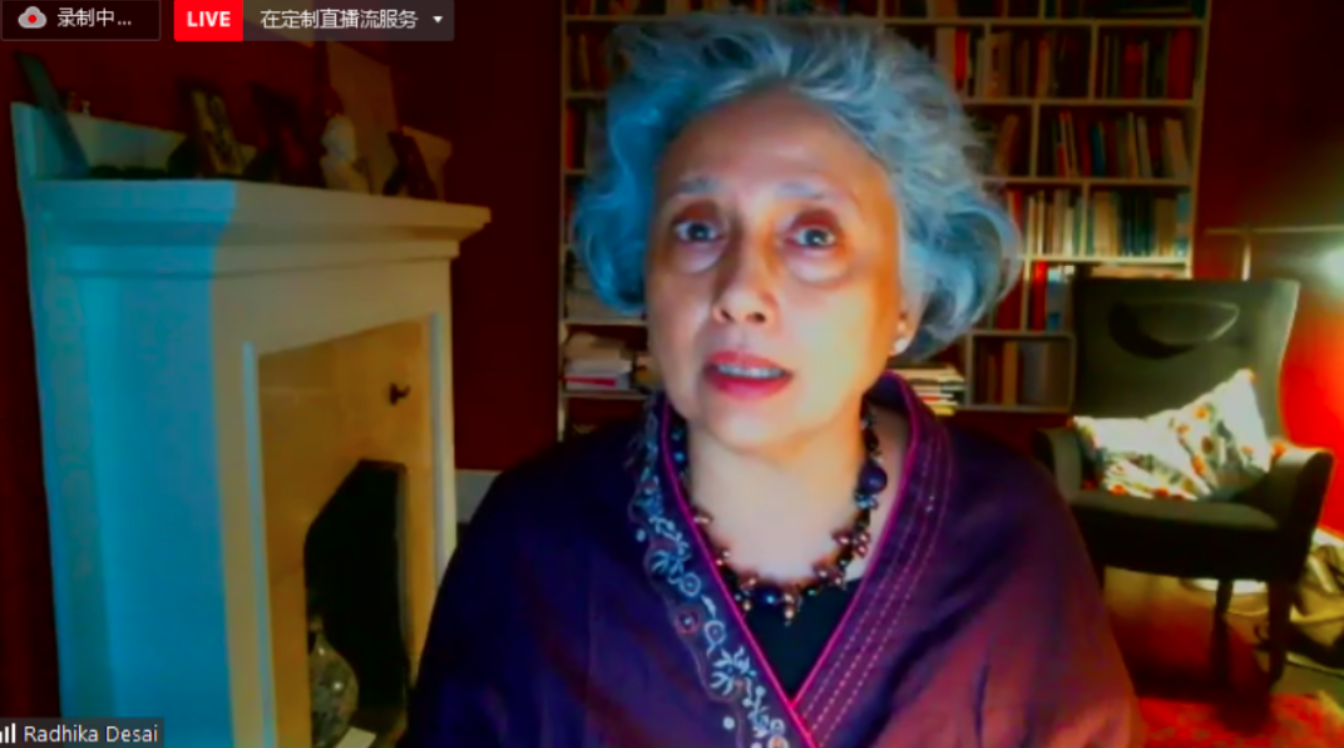
Radhika Desai (Professor, Department of Politics Studies, University of Manitoba, Canada): Elections 2020 are deepening the crisis of governability and will also shake its institutional foundations. The US faces a prolonged paralysing gridlock between a decaying capitalism and a restive citizenry it can neither satisfy nor pacify and which is likely to take a long time before it can organise to refashion this unsatisfactory state of affairs. The only thing China can do is to remain open to reasonable dialogue, befriend the wiser elements of US and allied societies and focus its attention on countries and forces with which it can cooperate in mutually beneficial development.
John Foster (Emeritus Professor of Social Sciences at Paisley University, UK): Biden's election will change the New Cold War, but it won't stop the New Cold War. The ideology and politics of Biden's hawkish approach will become a longer term than Trump's, and the repair and strengthening of alliances will be more dangerous for China. The economic gap between China and the US will become smaller, but the governance contradictions between the two different political and social systems will be more prominent.
Please Find us : Facebook: RDCYINST Twitter: RDCYINST LinkedIn: 人大重阳RDCY Instagram:rdcyinst























































































 京公网安备 11010802037854号
京公网安备 11010802037854号





